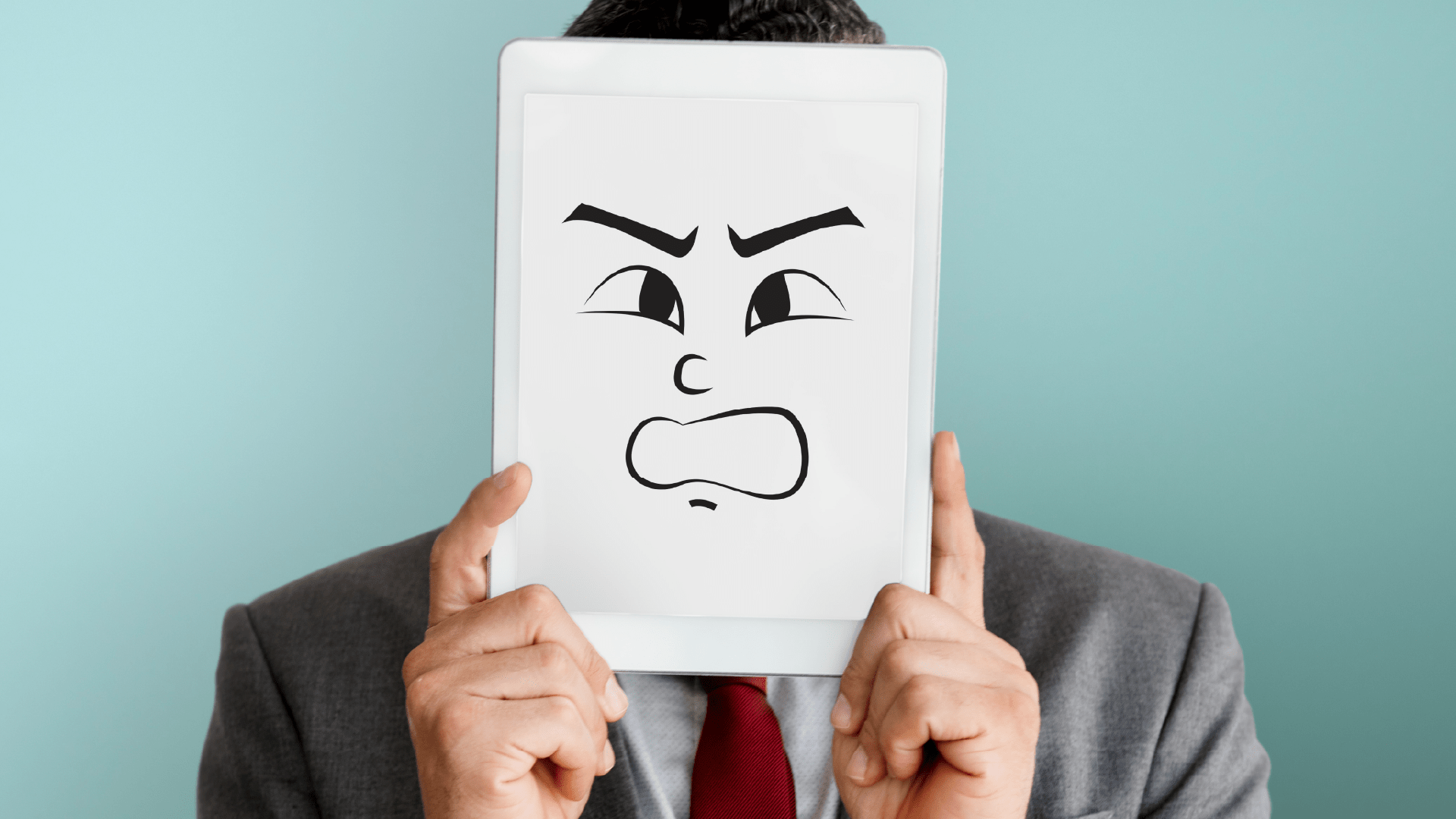Are you feeling more stressed and anxious in the past year because of isolation as a result of COVID-19 induced lock-downs?
Social Isolation and Mental Health
The novel coronavirus has caused a dramatic impact on the way we live. The loss of loved ones and isolation can take a toll on a person’s mental health. Ignoring mental well-being in the long-term can not only lead to serious psychological conditions such as depression, anxiety, and PTSD but also escalate the chances of physical ailments such as headaches, cardiovascular disease, or gastrointestinal issues.
Causes of Social Isolation
There are many components of the pandemic that can result in poor psychological balance. Here are the causes of social isolation and how it impacts mental health and well-being:
- Longer quarantine duration
- Separation from loved ones
- Fear of coronavirus infection
- Uncertainty over disease status
- Frustration
- Boredom
- Inadequate supplies (general and medical)
- Inadequate information
- Financial loss
- The stigma associated with being COVID-positive
These factors can also have a long-lasting effect on mental health which can result in psychological issues and mental health disorders.
A quantitative study showed that isolation has a negative impact on mental health and increases the chances of psychological distress, emotional disturbance, depression, stress, low mood, irritability, insomnia, post-traumatic stress, anger, and emotional exhaustion. The study found low mood and irritability to be prevalent in most of the participants.
Some psychological researchers believe that people who are involuntary isolation experience less stress, and the adverse effects on mental well-being actually come from the deliberate attempt to impose restrictions on liberty.
Our Wellness Programs
How to Cope with Social Isolation During COVID-19
Here are some ways you can deal with social isolation during the COVID-19 pandemic:
Limit Information Intake
Keep yourself informed about the coronavirus cases in your area. However, make sure you stay away from information overload. It is important to take a break from negative news in mass media and social media at regular intervals to keep a healthy state of mind and have a bird’s eye view of the situation.
Preach Physical Distancing Rather Than Social Distancing
Stay socially connected with your friends and family. Many psychological studies prove that effective and rapid communication is essential in these critical times for a speedy recovery.
Altruism
Always remember that you are not alone. Everyone is going through something similar and we are in this fight together. The situation is temporary and this will eventually end.
Have a Nice and Healthy Routine
A healthy routine keeps you busy and gives resemblance to a normal life. Make sure to involve a healthy diet and introduce physical activity in your day. This will keep you physically and mentally fit, and help you fight against the coronavirus.
Talk to Someone
Ignoring your health and emotions can lead to serious mental health issues. If you feel overwhelmed and find it difficult to handle your emotions, share your thoughts and seek professional help. To talk to someone about personal well-being for free, download the United We Care app from the Google Play Store or App Store and talk to Stella today!
Remember, social isolation during COVID-19 does not mean that you stay away from contact with people digitally. Stay connected with your friends & family, because nothing can help you bounce back sooner than positive energy & talks with the people you love and adore.


 Conflict Management in Relationships
Conflict Management in Relationships

 Healing from Heartbreak
Healing from Heartbreak
 Coping With Anxiety
Coping With Anxiety
 Get Started With Mindfulness
Get Started With Mindfulness
 Healing With Meditation
Healing With Meditation
 Anger Management
Anger Management



